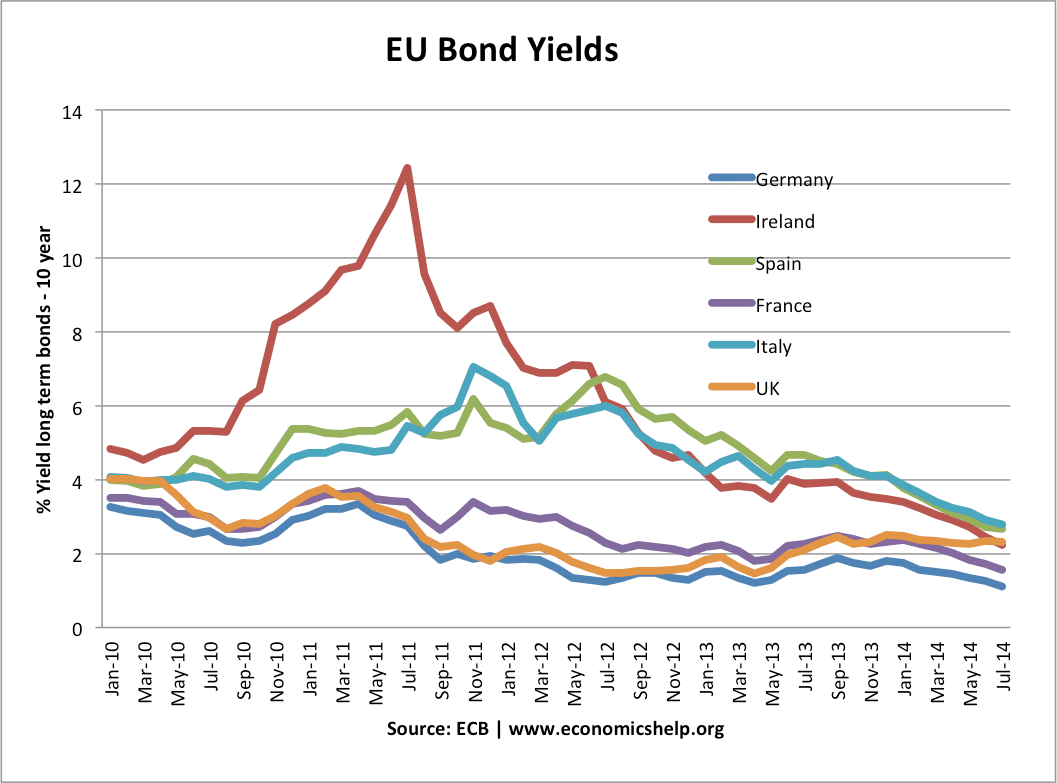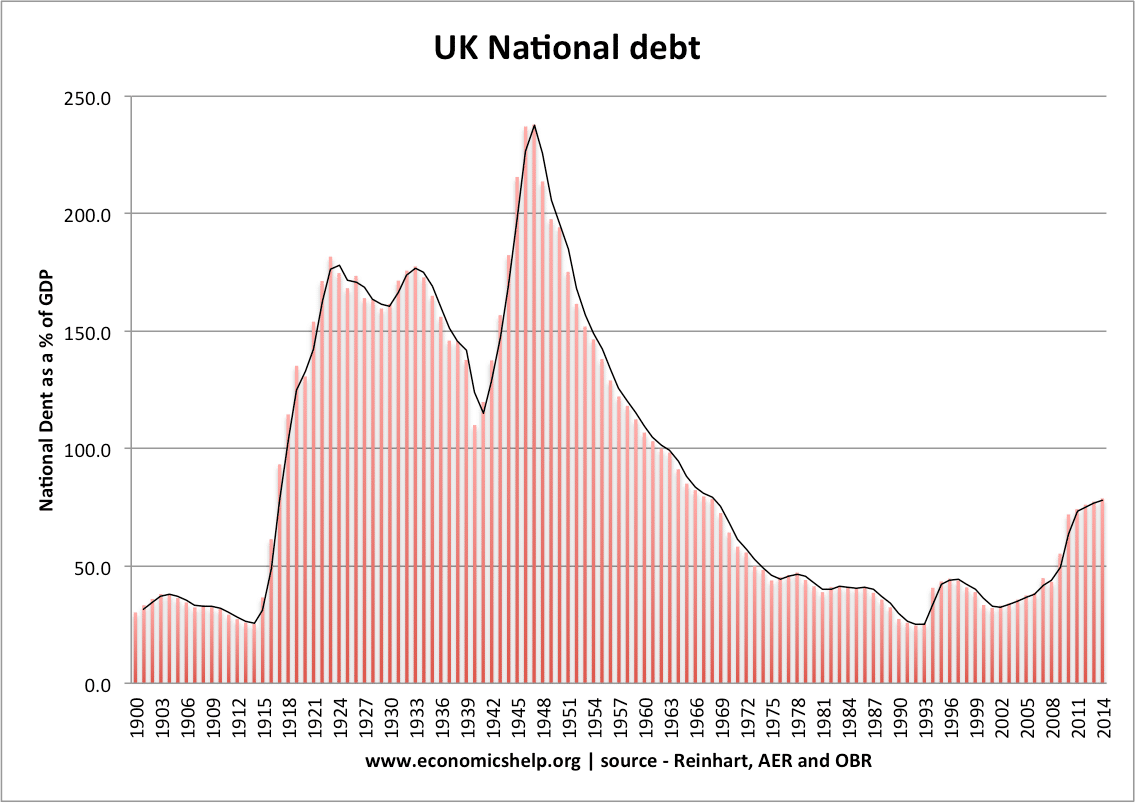Free movement of labour – advantages
Definition of free movement of labour – It means that workers are entitled to look for work in another country, without requiring any visa. Free movement of labour is a fundamental principle of the EU. It means EU citizens are entitled to look for a job in another EU country. Also, qualifications are universally accepted …




